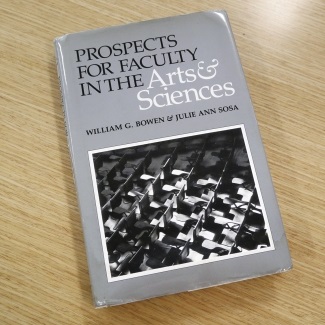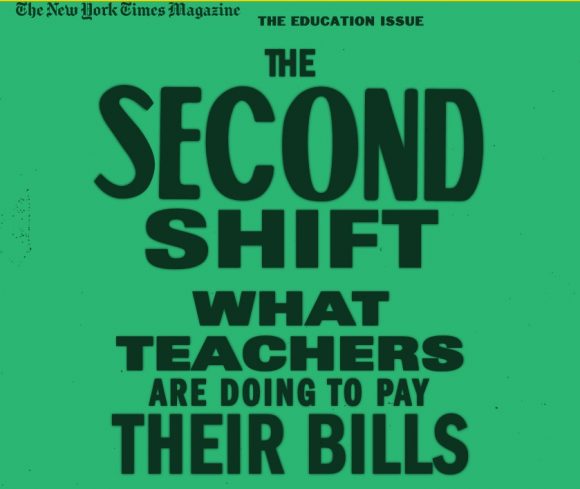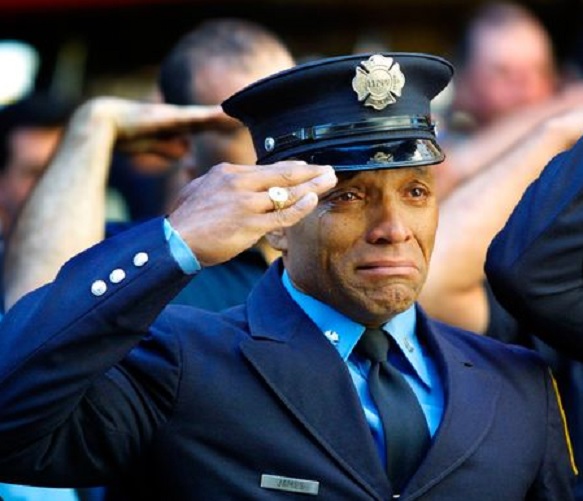Dear Commons Community,
Every year the Texas State Board of Education reviews its mandatory curriculum and recommends changes. Its decisions to add and delete various sections or people generally draws some attention. This year was no different. As part of an effort to “streamline” the social studies curriculum in public schools, the Board voted Friday the removal of several historical figures including Hillary Clinton and Helen Keller. The board also voted to keep in the curriculum a reference to the “heroism” of the defenders of the Alamo, which had been recommended for elimination, as well as Moses’ influence on the writing of the nation’s founding documents, multiple references to “Judeo-Christian” values and a requirement that students explain how the “Arab rejection of the State of Israel has led to ongoing conflict” in the Middle East. The vote Friday was preliminary. The board can amend the curriculum changes further before taking a final vote in November. As reported by the Dallas Morning News:
“Barbara Cargill, a Republican board member from Houston and former chairwoman, said work groups recommended removing Clinton and Keller, and the board agreed.
“In speaking to teachers and testifiers, they did not mention these specific deletions,” she said.
High schoolers have been required to learn about Clinton, who was the first woman to win a major political party’s presidential nomination, in history class. Under a section about citizenship, students were assigned to “evaluate the contributions of significant political and social leaders in the United States” including Clinton, Andrew Carnegie, Thurgood Marshall and Sandra Day O’Connor.
Barry Goldwater was also removed from this teaching requirement. A work group tasked with the curriculum streamlining also recommended removing evangelist and Baptist pastor Billy Graham, but the state board kept him.
Third-grade social studies teachers have been required to educate kids about the life of Keller, who despite being deaf and blind graduated from college and lived a life of activism and authorship. But Keller did not make the work group’s list this time, and students in other grades aren’t required to learn about her life.
Removing figures like these from the curriculum doesn’t forbid them from being taught but just means they’re no longer mandatory. Also, the streamlining of the curriculum won’t affect textbooks or other instructional material, which the board is not updating at this time.
So why didn’t Clinton, Keller and several dozen other historical figures make the cut?
The Dallas Morning News spoke with two teachers from the group of board-nominated volunteers that made the recommendations. Both said the state required students to learn about so many historical figures that it resulted in rote memorization of dates and names instead of real learning.
The 15-member work group came up with a rubric for grading every historical figure to rank who is “essential” to learn and who isn’t. The formula asked questions like, “Did the person trigger a watershed change”; “Was the person from an underrepresented group”; and “Will their impact stand the test of time?”
Out of 20 points, Keller scored a 7 and Clinton scored a 5. Eliminating Clinton from the requirements will save teachers 30 minutes of instructional time, the work group estimated, and eliminating Keller will save 40 minutes.
By contrast, local members of the Texas Legislature (whom fourth-graders learn about) got a perfect score, as did Barbara Jordan, Sam Houston, Stephen F. Austin and Henry B. González. President Donald Trump isn’t included in the list by name, but students are required to learn about the current president, governor and mayor.
Earlier this year, the work group split up and each subgroup took a set of figures to grade using the rubric, said the two teachers, who both said they wanted to keep politics out of the decisions.
“There were hundreds of people” kids had to learn about, Misty Matthews, a teacher in Round Rock, told The News. “Our task was to simplify. … We tried to make it as objective as possible.”
Jana Poth added that the work group did “not want to offend anyone” with its choices. “But there’s too many [figures],” she said.
Third-graders, for example, are required to learn about three dozen figures. Fourth-graders have to learn about 69, and in eighth grade, when students take the State of Texas Assessments of Academic Readiness social studies test, they must learn about 50 historical figures.
Neither Poth nor Matthews said she was in the small group that made the decisions about Clinton and Keller. In a note next to the deletion from the third-grade social studies curriculum in which Keller was included in a lesson about “the characteristics of good citizenship,” the work group wrote, “Helen Keller does not best represent the concept of citizenship. Military and first responders are best represented.”
There was no comment next to the recommendation to remove Clinton. Students in that grade are still required to learn about former President Bill Clinton’s impeachment.
Each year, the board discusses and debates new classroom standards for Texas’ 5.4 million schoolchildren. Its members, currently five Democrats and 10 Republicans, are elected to four-year terms and represent specific geographic areas.
The board’s process has always garnered attention — and often controversy. Five years ago, members clashed over whether science books should have to teach an alternative to evolution. In 2014, math standards were revised, drawing criticism from parents and teachers. And earlier this year, a new Mexican-American studies course was the subject of the latest culture war.
Many of the work group’s recommendations that were rejected by the board dealt with descriptions of the nation’s “Judeo-Christian” heritage. Texas Values, a conservative Christian political advocacy group, sent representatives before the board this week to speak out against removing the descriptions. On Friday, they applauded the board’s decision to keep them.
“In Texas, you don’t mess with the Alamo and you don’t mess with our Christian heritage. We applaud the majority of the State Board of Education for doing the right thing by restoring our foundational rights and history,” Texas Values President Jonathan Saenz said in a statement. “We are prepared to fight to protect these standards all the way to the end.”
Others criticized the board’s vote. House Democratic Caucus Chairman Chris Turner urged board members to add Clinton and Keller back into the curriculum.”
Tony









